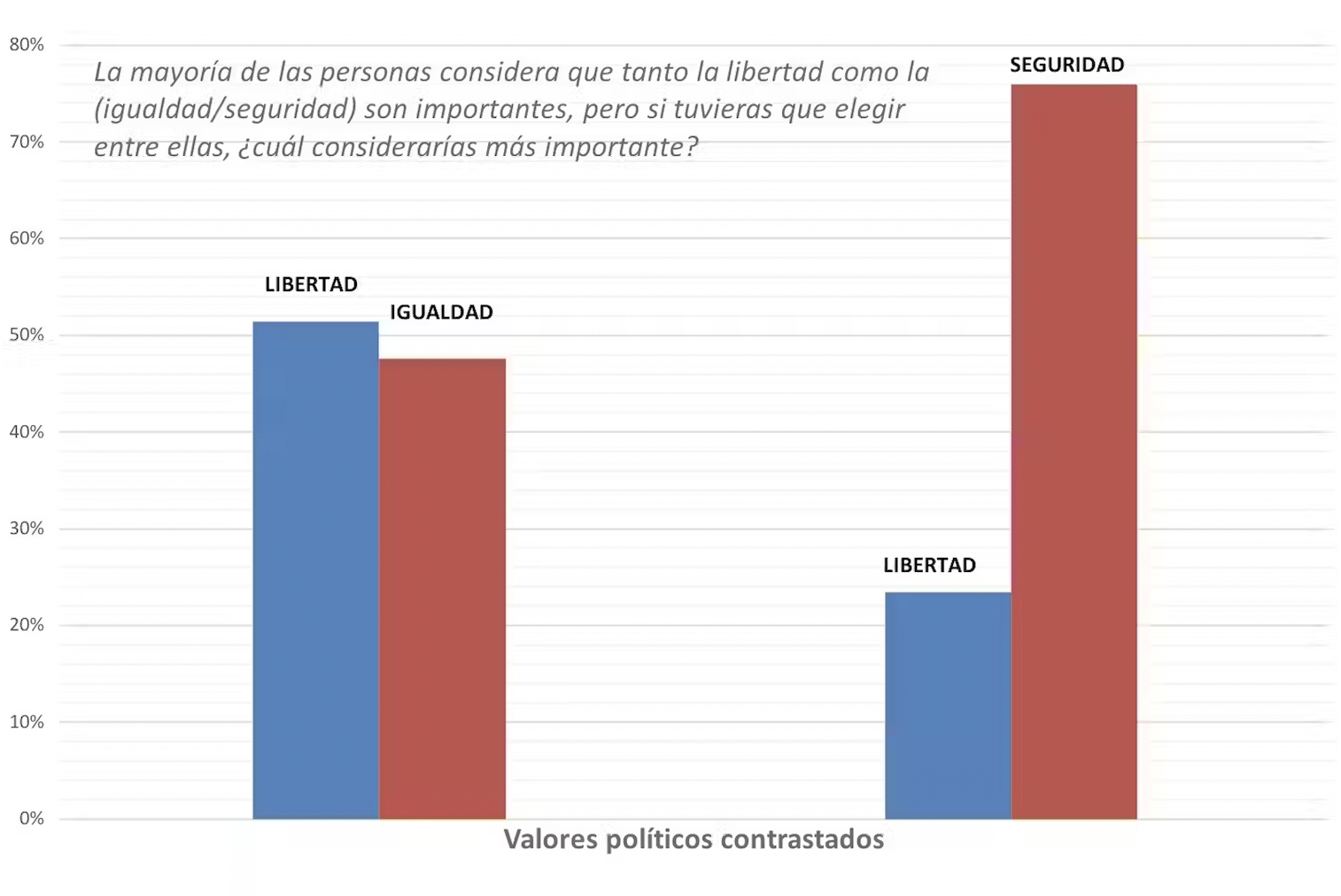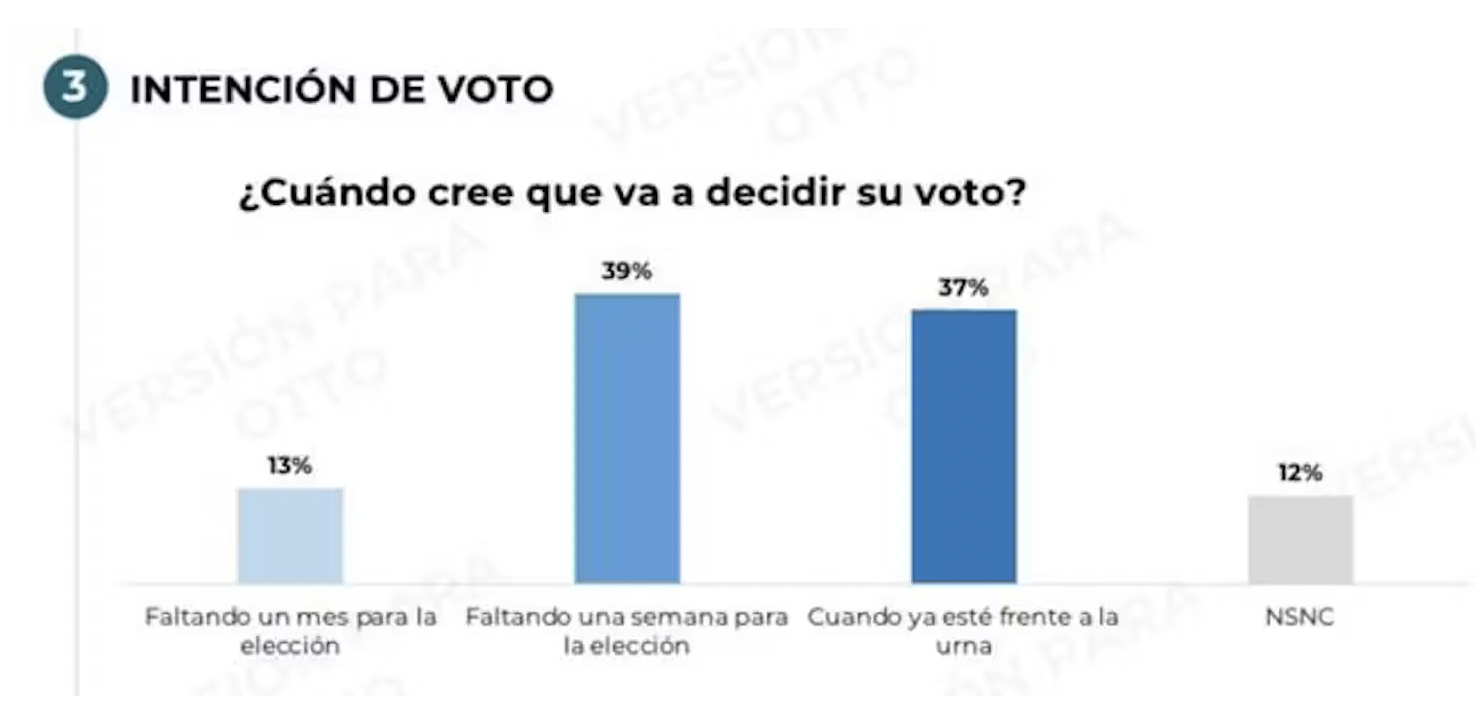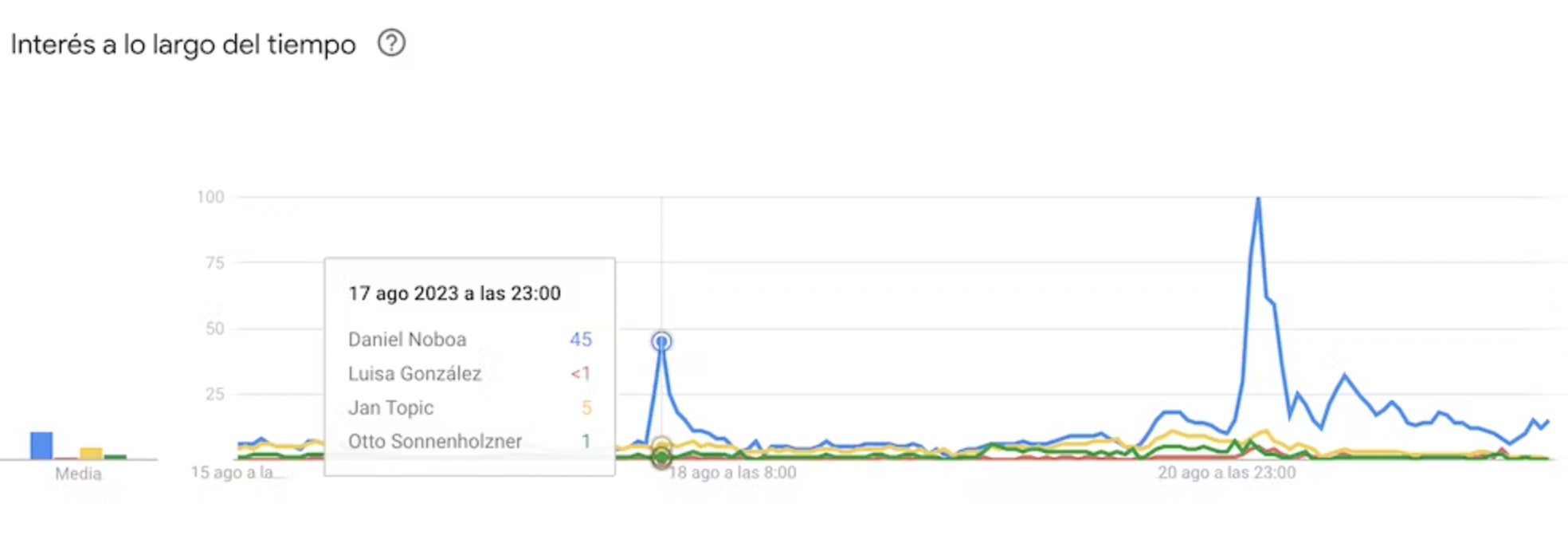23/08/2023
Published in
The Conversation
Carmen Beatriz Fernández
Professor of Political Communication
On October 15, Luisa Gonzalez, candidate of the Citizen Revolution Movement party, and Daniel Noboa, of the National Democratic Action party, will dispute the presidency of Ecuador in the second electoral round. If all analysts predicted that Gonzalez - candidate of former President Rafael Correa - would win the first round, no one suspected that her contender would be Noboa. There, all the predictions failed.
How did Noboa make it to the second round and have a very high probability of becoming the new Ecuadorian president?
The answer may lie in the phantom that haunts Latin America: that of insecurity.
Already on Sunday, August 20, in the first round of the Ecuadorian presidential election, the topic of insecurity was there, omnipresent. Not only as it is in any electoral contest in the region, but with several and very serious incidents of political violence: the most notorious were the murder of Agustín Intriago, mayor of the port city of Manta, on July 23, and that of candidate Fernando Villavicencio, on August 9, less than two weeks before the elections.
Equality (of opportunity), freedom (staff)
Although political thought tends to be articulated in gradations between left and right, the fundamental values of politics traditionally revolve around the dilemma between equality and freedom. While the left tends to emphasize equality of opportunity, the values most defended from the right tend to be freedom staff and economic freedom. When Ecuadorians are asked which value is more important, opinions are balanced.
In 2006, with the victory of Rafael Correa, the political balance shifted to the left. Correa's presidency - the self-styled "citizen revolution" -lasted 11 years, or more if we consider the four years in power of Lenín Moreno, elected with the votes of Correaism (although he turned out to be a wayward disciple).
Correa's mandate - which remains, even today, an important element of the national political struggle - brought Ecuador to the brink of competitive authoritarianism. A political regime subject in which democracy is an uneven playing field for government and civil service examination, and the abuse of power seriously compromises the ability of non-governmental parties to compete.
National security
There are times when traditional political values lose relevance in the face of more immediate and pressing challenges. Today, Ecuador is besieged by insecurity, drug trafficking and other forms of organized crime.
Criminal groups are carving up territory. Even the powerful Tren de Aragua, of Venezuelan origin and hemispheric reach, has entered the country as an ally of one of the most powerful national criminal groups.
At critical moments, the value of security comes into play and monopolizes public discussion as the dominant political value, as shown in sample , based on data from the World Values Survey.

Ecuadorian citizens' preferences between the political values of freedom and equality, and freedom and security. survey conducted in 2018. Carmen Beatriz Fernández, from data of the World Values Survey, Wave 7, 2017-2022, CC BY-NC-SA.
Candidates at risk
The assassinations during the Ecuadorian electoral campaign cannot be said to have been traditional political crimes. Unlike the assassinations of Jorge Eliécer Gaitán (1948) and Luis Carlos Galán (1989) in Colombia, or that of Luis Donaldo Colosio in Mexico (1994), the centrist candidate Fernando Villavicencio was not the favorite to win the elections in Ecuador, nor did he seem likely to advance to the second round.
Villavicencio and Intriago had confronted drug trafficking and that put them in the crosshairs of organized crime. Both assassinations shocked the country and had a very clear impact on the public discussion diary , making insecurity the epicenter of the end of the contest.
discussion and telegenics
Four days after Villavicencio's death, the discussion was held among the seven candidates. It was dry and had a difficult format to follow. There was a lot of crossfire between candidates. The candidate security expert Jan Topic seemed to have capitalized on the moment, but during the discussion he was rebuked by Otto Sonnenholzner, who managed to position him as a security contractor and, therefore, a beneficiary of the prevailing climate of insecurity. "It was a missile in his flotation band", says to me the political consultant Armando Briquet.
In the discussion , a young and telegenic candidate, Daniel Noboa, who barely appeared in the polls, surprised: serene, articulate and thoughtful (and dressed for the occasion with a bulletproof vest). He became the revelation of the event.
This was no ordinary discussion : it was watched by almost one million people, making it the most watched program on Ecuadorian television in 2023. Only slightly below the share of the opening match of the World Cup in Qatar, which had an audience of about 1,150,000 people.
The polls were not wrong
A national political survey from July 2023 (before the assassinations) asked voters when they would make their voting decision, to which three out of four voters answered that it was either one week before the election or when they were already in front of the ballot box.

When do you think you will decide your vote? data from Numma pollster, July 2023. survey unpublished. Numma
Volatility was served and discussion accelerated it in an electorate eager for answers. There is empirical evidence on how little the debates change the preferences of the electorate, but in this particular case, the viewer went to see the discussion without clear preferences. From that moment on, in the last week of the campaign, Noboa became the undisputed leader in Google searches (although the published polls did not have time to reflect it).

Google searches for Daniel Noboa (blue), Luisa González (red), Jan Topic (yellow) and Otto Sonnenholzner (green) during the last week of campaigning. Google Trends
There were no big fireworks, tiktokers, guru consultants or artificial intelligence in this contest. Or there were, but they did not work at all. Noboa himself made a considerable investment in digital media, and had a good impact on social networks, both from subject organic and promoted by influencers.
The same happened with other candidates. Including Xavier Hervas and Yaku Pérez, who had a very prominent presence in the digital world and were favorites in the presidential election two years ago, to finally obtain very poor results in this one. Far from the glitz of social networks, it was the very traditional discussion that functioned as the campaign variable core topic .
Policy lessons
The Ecuadorian case ratifies discussion as an efficient instrument of political Education . Many times political communication rests on the expensive advertising (traditional or digital). Debates, on the other hand, can generate large audiences and give candidates very cheap television time. Debates teach and form voters ideologically.
Noboa will have a difficult road until October 15. His victory in the first round took advantage of the surprise factor. "So far, nobody has put him at test. Now will come his real campaign," Briquet says. As a contender of Luisa Gozález, Noboa faces not the candidate, but the entire Correism. In addition, he is the son of the millionaire and eternal presidential aspirant Alvaro Noboa - who ran for the elections in 1998, 2002, 2006, 2009 and 2013 - and this link may make him vulnerable.
However, the real difficulty that Ecuador's president will face in the future is similar to that of other countries in the region: how to deal with the imbalance of a very weak democracy that is poorly accompanied by very strong criminal groups.
